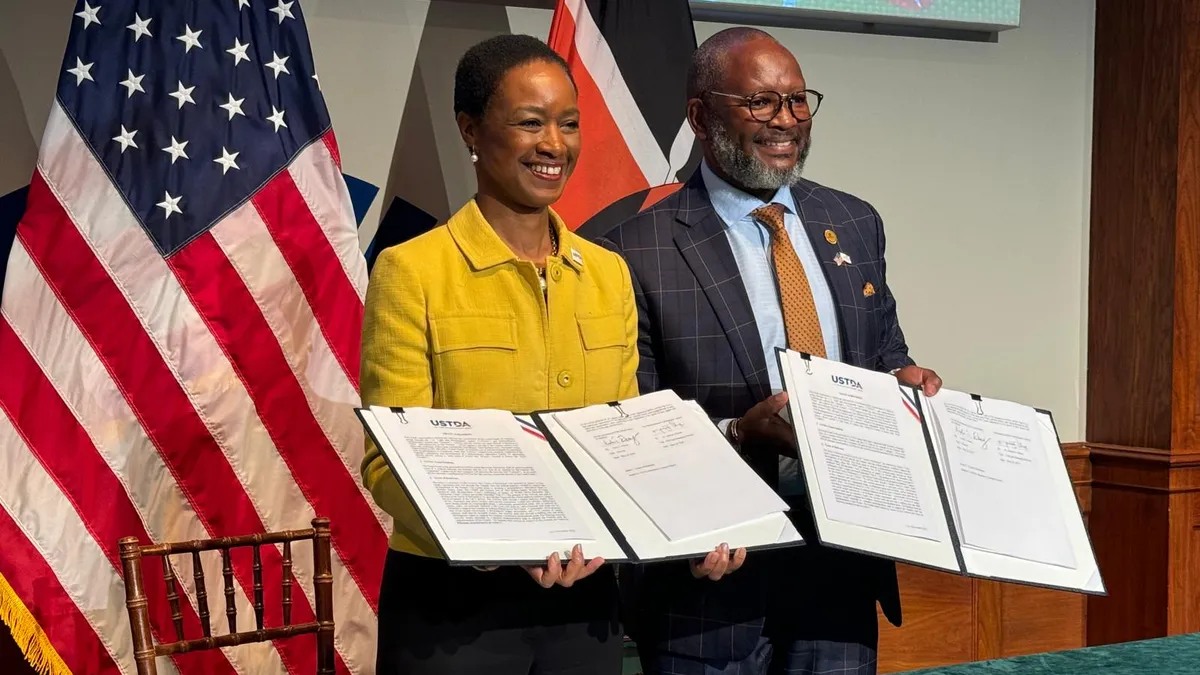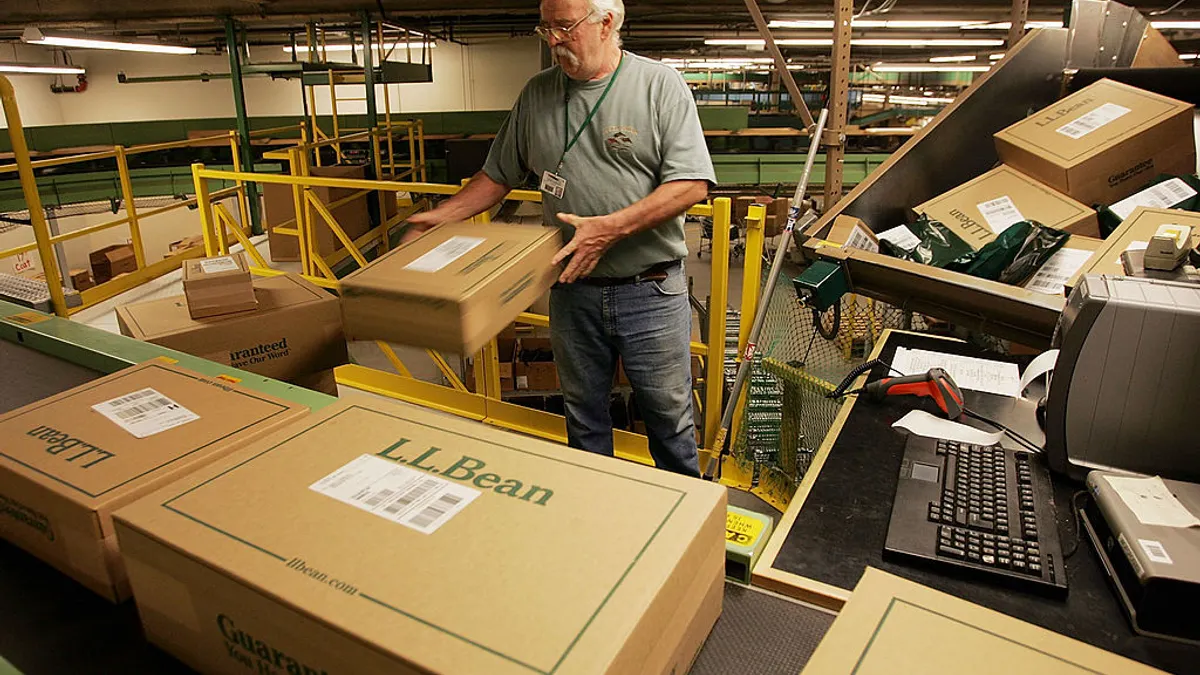Dive Brief:
- The U.S. is proposing to invest $1 million in foreign aid in Kenya’s semiconductor manufacturing industry, part of a strategy to forge a chips production partnership between the two countries.
- The funding comes from the CHIPS and Science Act, which would make Kenya the first African country to benefit from the legislation, according to a White House fact sheet.
- As part of the partnership, the two countries will jointly launch initiatives to grow Kenya’s technical workforce through increased investment and collaboration with U.S. and Kenya chipmakers such as Micron, GlobalFoundries and Semiconductor Technologies Ltd.
Dive Insight:
The proposed funding announcement came amid Kenya President William Ruto’s visit to the White House earlier this month.
The funding would help boost Kenya’s “Silicon Savannah” — a $1 billion technology ecosystem home to more than 200 startups in a range of sectors, including clean energy, microelectronics, financial technology and e-commerce, according to the fact sheet. The money would focus particularly on assembly, testing and packaging projects within semiconductor manufacturing.
Separate from the CHIPS funding, the USTDA signed a memorandum of understanding with the government of Kenya last week committing $1.3 million to support Kenya-based chip startup Semiconductor Technologies to expand chip fabrication on a commercial scale in Kenya.
“USTDA’s assistance will unlock significant investment opportunities for STL and for the Kenya semiconductor ecosystem, fostering extensive bilateral and private sector engagement among the U.S., Kenya, and the broader continent,” Semiconductor Technologies founder and CEO Anthony Githinji said in a May 24 press release.
Established in 2016, Semiconductor Technologies focuses on semiconductor systems and microchip manufacturing, nanotechnology materials research and development and supply chain security, according to its website. The company’s partners include Samsung, IBM, Hitachi and Harvard University.
The U.S. is also investing in diversifying both countries’ semiconductor workforce. The National Science Foundation plans to work with Micron and GlobalFoundries to increase funding for STEM education in Kenya and the U.S., with a focus on minority-serving institutions.
The National Science Foundation also pledged to offer workshops, planning grants, and supplements to U.S. universities to enhance research and educational collaborations between U.S. and Kenyan universities.
At the same time, Micron will recruit individuals from refugee and immigrant communities across East Africa, including Kenya, to fill semiconductor technician and engineer roles, in a partnership with the International Rescue Committee and Talent Beyond Boundaries through the federal Welcome Corps at Work program, the company announced last week.













